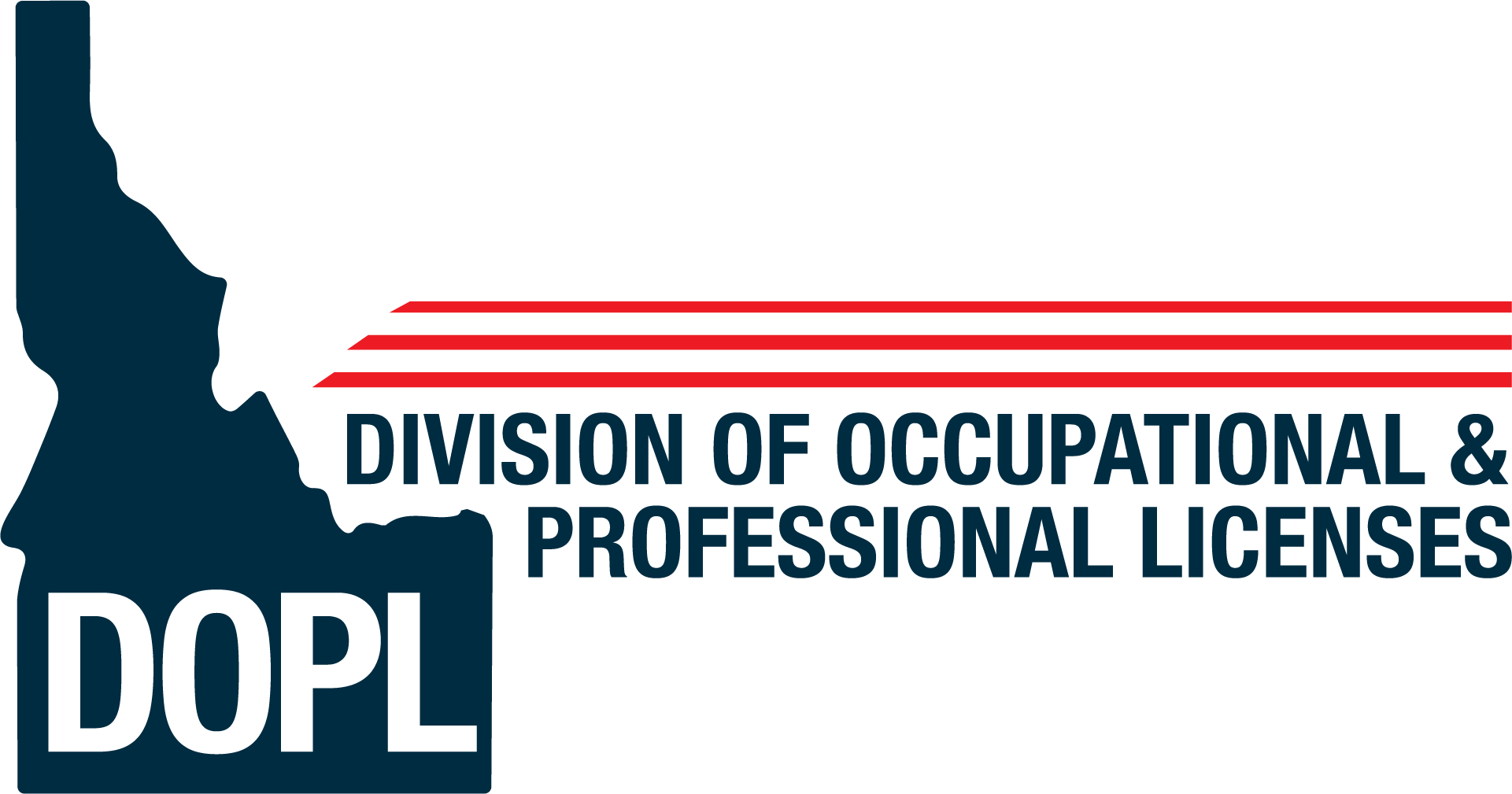Search Cateogry: Professional Engineers and Land Surveyors
Effective Date: July 1, 2025
Key Changes:
- Starting July 1, 2025, your license will expire on your birthday.
- Born in an odd year? Starting July 1, 2025, when you renew, your license will be valid for 2 years.
- Born in an even year? Your 2025 licensure renewal will be valid for 1 year, and starting in 2026, you’ll move to a 2-year renewal cycle.
- Fee Adjustment: Once you renew under the extended renewal period of 2 years, your license fee will double to cover both years.
Frequently Asked Questions (FAQs):
Q: Why is this change happening?
The transition to 2-year licenses is designed to reduce the administrative burden of annual renewals for licensees while improving efficiency. This change gives you more time to focus on your profession instead of renewing your license every year.
Q: Why is my renewal dependent on the year I was born?
To ensure a smooth transition, DOPL is phasing in the new renewal cycle based on birth year. This method evenly distributes renewals over two years while ensuring steady cash flow for the boards. This allows DOPL to ensure that your license renewals and fees are handled with the utmost care.
Q: I was born in an odd year – why do I have to pay for two years now while others get to renew for one year?
Since licenses are moving to a 2-year cycle, your renewal in 2025 will cover two years instead of one. Those born in even years will transition in 2026, so their 2025 renewal will still be for one year. This staggered approach ensures a manageable transition process for licensees while ensuring steady cash flow for the boards. This allows DOPL to ensure that your license renewals and fees are handled with the utmost care.
Q: I was born in an even year – why do I have to wait until 2026 to renew for two years?
The transition is structured to phase in the changes gradually, avoiding an overwhelming number of renewals all at once. Since odd-year births are moving first, even-year births will follow in 2026 to balance the workload and ensure a smooth transition. This allows DOPL to ensure that your license renewals and fees are handled with the utmost care.
Q: My fee is already decreasing this year – why do I have to pay for two years now?
We understand that multiple changes at once can be overwhelming, particularly for those boards that have voted to change annual fees, separate from the upcoming renewal cycle shift. For some boards, recent fee reductions were implemented to make licensure more accessible. For others, fee increases were necessary to support ongoing operations. These fee decisions are made at the board level based on the unique needs of each profession.
Regardless of the direction of those changes, the move to a two-year renewal cycle is a separate Division-wide initiative aimed at streamlining the licensing process overall. While we recognize that paying for two years up front may feel like a significant adjustment — especially when paired with recent fee changes — the shift will ultimately reduce how often you need to renew, lighten the administrative burden for both you and the Division, improve planning, and give you more time to focus on your profession.
Q: How are my Continuing Education Credits changing?
If your profession requires Continuing Education, you will need to complete the required CE credits for the full 2-year licensing period rather than on an annual basis. DOPL will provide additional details on specific CE requirements as the transition progresses.
Q: How are my fees changing?
Once you move to a 2-year renewal cycle, your licensing fee will double to reflect the extended renewal period. This means you will pay for two years upfront, but you will only need to renew every other year.
Q: Will I still be able to renew early?
You will still be able to renew up to 6 weeks or 60 days prior to your license expiration on your birthday, depending on your license.
Q: How does this new cycle work if I renew late?
It is the responsibility of every licensee to maintain their own active licenses. If your license expires and you do not renew by the allotted deadline, you will be responsible for any reinstatement fees, along with a 2-year licensing fee. If you fail to renew your license on time, and later reinstate, your license will be valid for at least one year and will expire on your next birthday.
Q: What if I cannot afford to pay for a two-year renewal right now?
Please contact DOPL via email IPELS-Licensing@dopl.idaho.govor phone (208) 334-3

